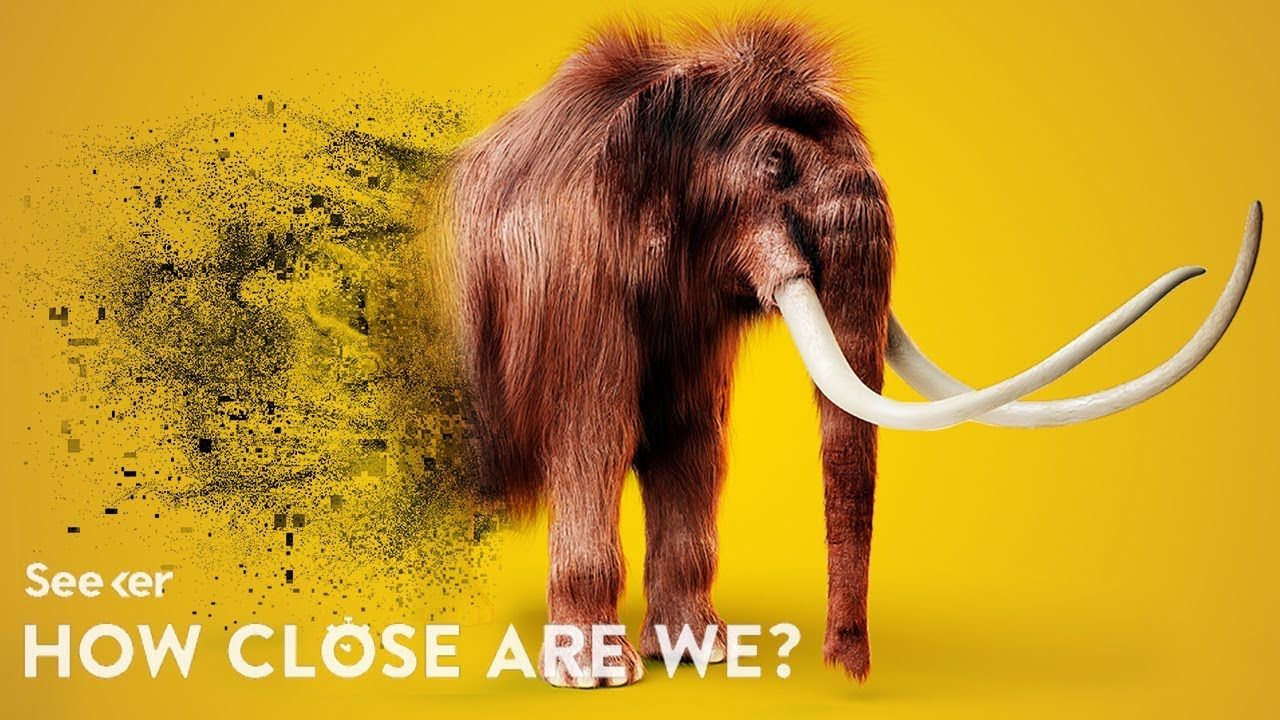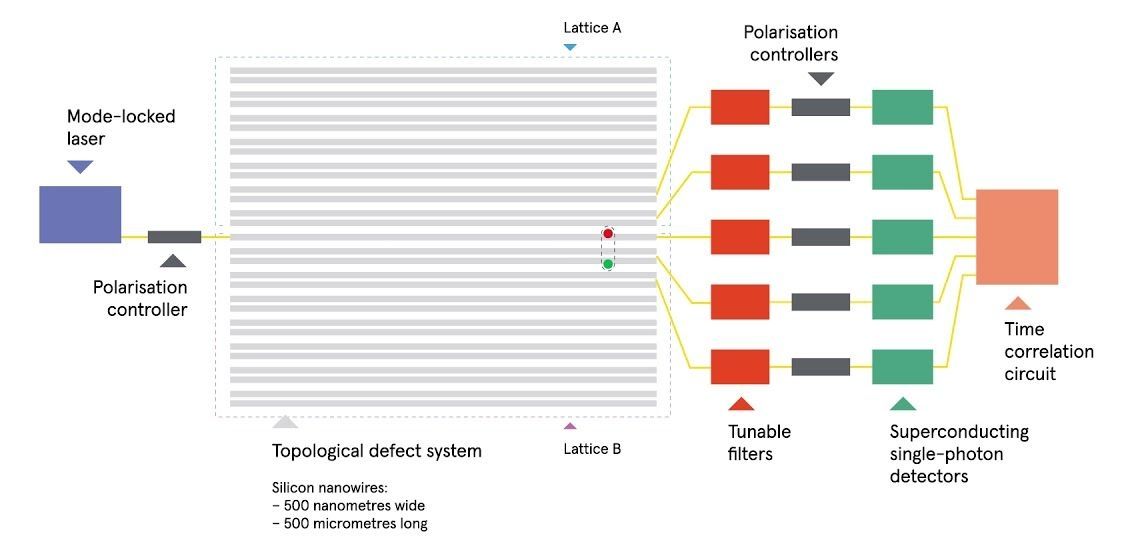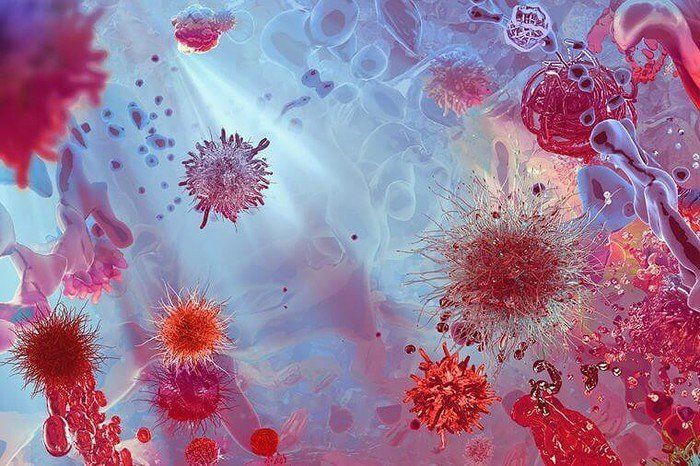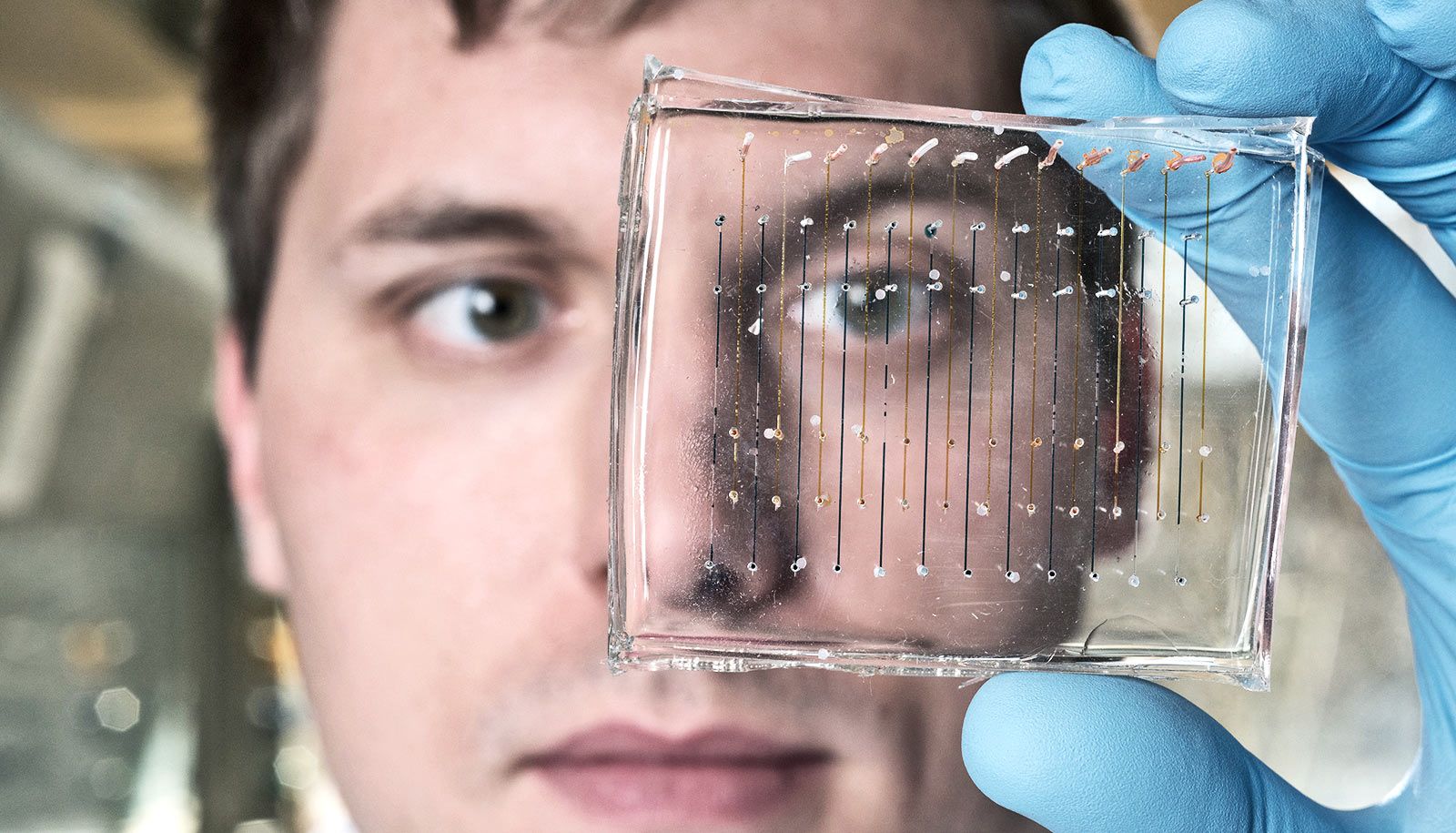Page 8550
Nov 4, 2018
What the general theory of relativity doesn’t explain
Posted by Genevieve Klien in categories: physics, space
100 years ago Einstein first described his general theory of relativity. This theory had a profound effect on physics and our understanding of the universe.
Nov 4, 2018
Sydney Uni follows the light and steps closer to quantum computing
Posted by Genevieve Klien in categories: computing, quantum physics
Nov 4, 2018
“Alien Invasion” −99% of the Microbes Inside the Human Body are Unknown to Science
Posted by Genevieve Klien in categories: biotech/medical, genetics, science
“There was something else, too – something weirder. Of all the non-human DNA fragments the team gathered, 99 percent of them failed to match anything in existing genetic databases the researchers examined. We found a whole new class of human-infecting ones that are closer to the animal class than to the previously known human ones, so quite divergent on the evolutionary scale.”
A landmark Stanford 2017 study indicates that more than 99 percent of the microbes inside us are unknown to science. The survey of DNA fragments circulating in the blood suggests the microbes living within us are vastly more diverse than previously known. In fact, 99 percent of that DNA has never been seen before.
A new survey of DNA fragments circulating in human blood suggests our bodies contain vastly more diverse microbes than anyone previously understood. What’s more, the overwhelming majority of those microbes have never been seen before, let alone classified and named, Stanford researchers reported in the Proceedings of the National Academy of Sciences.
Nov 4, 2018
The Wonders and Worries of ‘Extinct Animal’ Zoos
Posted by B.J. Murphy in categories: climatology, existential risks, sustainability

The future is both glorious and horrifying. As we continue to expand our technological footprint in the hopes of creating wonder, several issues remain fixed with a trajectory towards disaster. From climate change to the mass extinction of several animal species, there’s no doubt that we’re heading into ruin if we’re to keep this up.
As our technology continues to advance to the point of bringing the dead back to life, how will our own species react to a growing new population of animals that can die and live again?
Continue reading “The Wonders and Worries of ‘Extinct Animal’ Zoos” »
Nov 4, 2018
Why Elon Musk fears artificial intelligence
Posted by Nicholi Avery in categories: Elon Musk, robotics/AI
Nov 4, 2018
This region runs ‘quality control’ for our brains
Posted by Genevieve Klien in category: neuroscience
Researchers have tended to overlook the cerebellum because of the difficulty in getting good scan data from the underside of the brain. That’s a mistake.
Nov 4, 2018
Method spotlights best nanoparticles to deliver genetic drugs
Posted by Genevieve Klien in categories: biotech/medical, genetics, nanotechnology
The new method uses a red glow to screen hundreds of nanoparticles at once to find which could best deliver drugs into living cells.
Nov 4, 2018
Your brain needs balance to pay attention
Posted by Genevieve Klien in category: neuroscience
When the brain gets ready to process something we see, some neurons prepare for work, while others remain in a resting state.
Nov 4, 2018
After states expanded Medicaid, fewer dialysis patients died
Posted by Genevieve Klien in category: biotech/medical
The adjusted absolute reduction in mortality in expansion states versus non-expansion states was 0.6 percentage points. Since end-stage renal disease affects more than 100,000 Americans each year, 0.6 percentage points equals hundreds of deaths annually, Trivedi says.
Better access to care
More research is necessary to determine exactly what caused the decrease in deaths, but the study suggests expanded insurance coverage, which provided better access to care, was the key factor in reducing mortality among this group. Medicaid expansion reduced the rate of end-stage renal disease patients without insurance by 4.2 percentage points, primarily through Medicaid coverage.

















